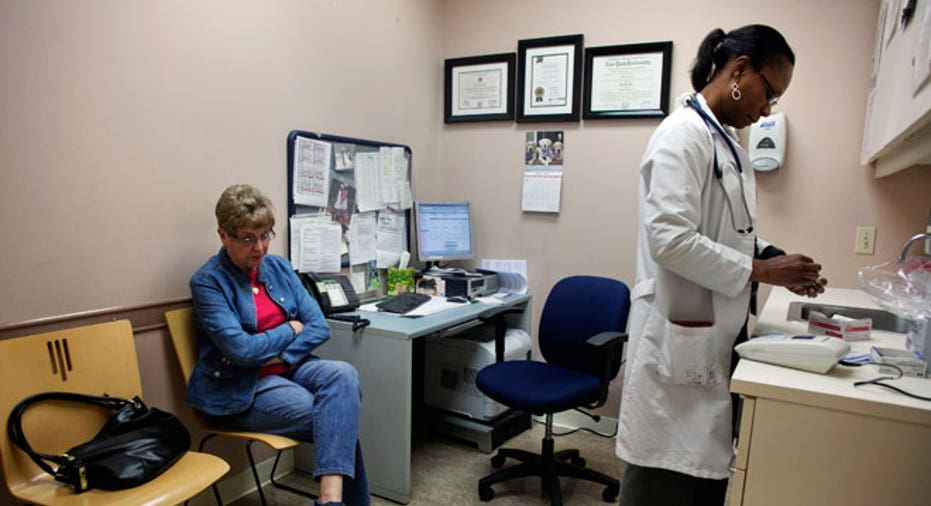How to Financially Prepare for a Long-Term Medical Treatment

Getting diagnosed with a serious illness is not only a shock to your system, but also your wallet.
To best protect your health and finances throughout the treatment and recovery process, experts say you need to find an advocate—which means more than just getting a second opinion.
“The first thing you have to do is step back and realize you’re not going to be objective,” says Trisha Torrey, a patient empowerment and advocacy consultant. “No one makes decisions well when they are emotionally strung out.”
Health experts recommend that before getting a second opinion or researching your diagnosis, you should appoint a trusted friend or family member to be your advocate. A health-care advocate will go to doctors appointments, help research, talk to doctors, providers and the insurance company as well as help you research and execute treatment plans.
You can hire a professional health advocate, and many employers offer it as a service with their insurance plans. “You need a Rottweiler in your corner that can act as an interpreter and as a medical travel agent,” says Dr. Ed Creagan, an oncologist and professor at Mayo Clinic. “Patients under stress retain little information about their medical encounters.” Your advocate should try and go to doctor’s appointments,
Experts say that it might not be necessary to get a third or fourth opinion on a diagnosis unless it’s something doctors are having trouble identifying. However, when there are several treatment options, it might make sense seeking out different opinions and expertise. “One of the real gifts of modern medicine is often there are a number of different approaches to addressing any given diagnosis,” says Jessie Gruman, president at The Center for Advancing Health.
As you navigate the medical system, it’s important to keep track of your medical records and to get copies from each doctor appointment, consultation and treatment. Having appointment and diagnose details, treatment summaries and payment records will make it easier if your insurance changes, if you are seeking multiple opinions or if you relapse or get another diagnosis down the road.
“If you need to see a new doctor, to go back and get your records can be difficult,” says Torrey. Not to mention there can be charges of as much as $1.50 per copied page depending on what state you live in, she adds.
After your illness is confirmed and if you have health insurance, now is the time to review it and take notes of coverage and any gaps. Knowing what is covered, which doctors are in network, and calculating any out-of-pocket expenses that may be applicable will help prevent financial shocks along the treatment process.
Your health coverage might play a role in the type of treatment plan you choose. Insurance providers can also provide information about your disease and can even assign you a case manager, says Gruman. If it’s open-enrollment season and you are in a high- deductible plan, experts say it may make sense to switch plans.
Understanding your illness is another important factor in dealing with it and becoming financially prepared. Online research can be a good first step to understanding the disease and potential treatments, make sure to verify the creditability of the any sites. Experts advise sticking with the accredited, legitimate websites and to stay clear of message boards, which can be complicated and misleading.
“You really need to know the basics about the disease. Where it’s located and the general approaches to treatment,” says Gruman. “You don’t have to know everything, but you need to have a sense of what’s gone wrong to make good decisions.”
In addition to learning and understanding your disease, you also need to research your doctor, specialists and any other professionals that you may encounter, to verify areas of expertise. For instance, if you were diagnosed with pancreatic cancer you want to make sure your doctor is an expert in treating that form of cancer. According to Kevin Flynn, president of HealthCare Advocates, if you don’t match your doctor with your disease there will be a lot if guess work involved, which could be detrimental to your health.
At the end of the day, when facing long-term diagnosis, the best thing you can do it ask a lot of questions. Often patients become too upset or afraid to ask q uestions and leave the doctor’s office with more questions than answers. “You need to be able to stick up for yourself,” says Torrey. “Trust your intuition. If something doesn’t make sense in your heart and brain you need to be sure before you commit.”



















